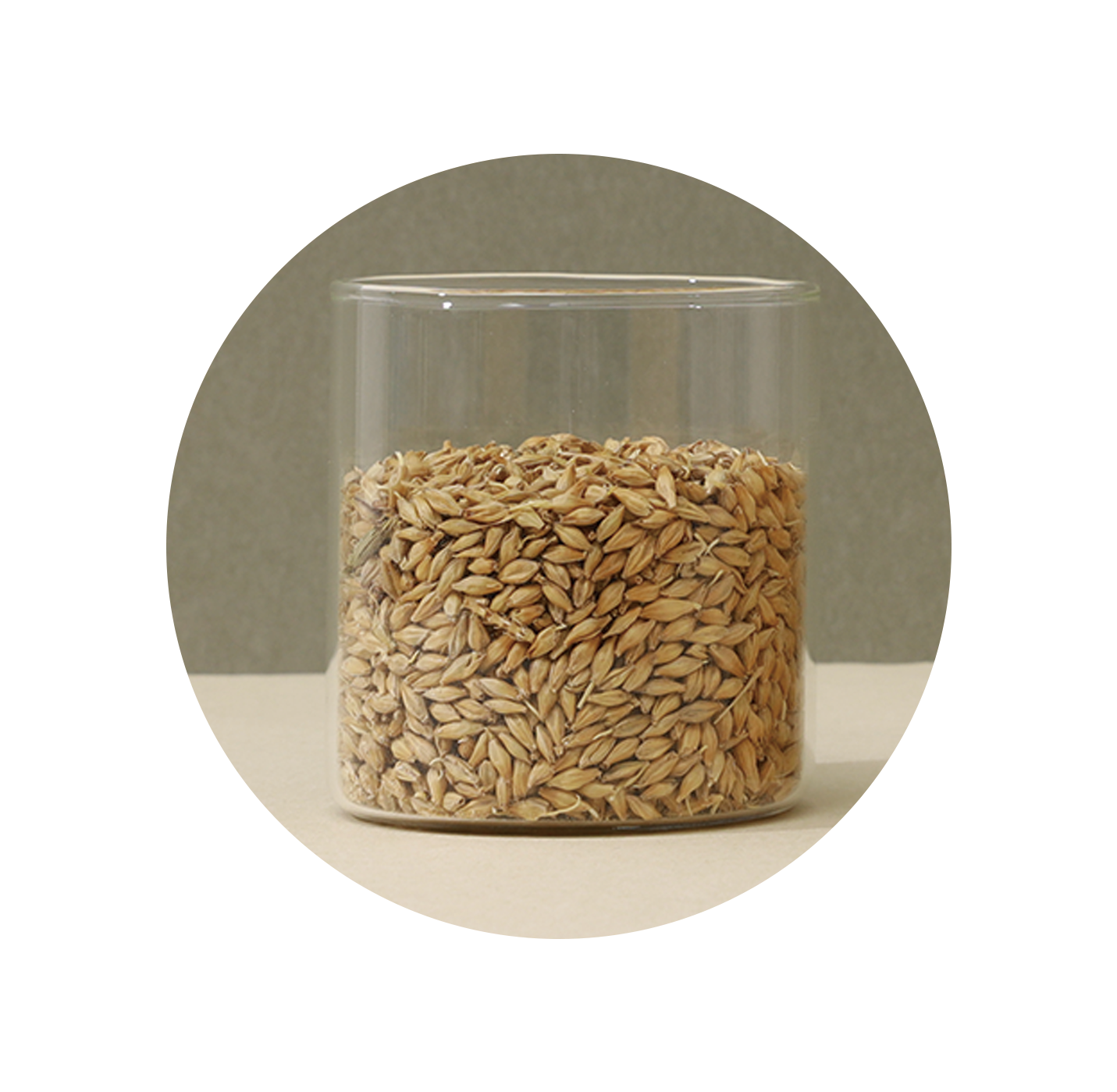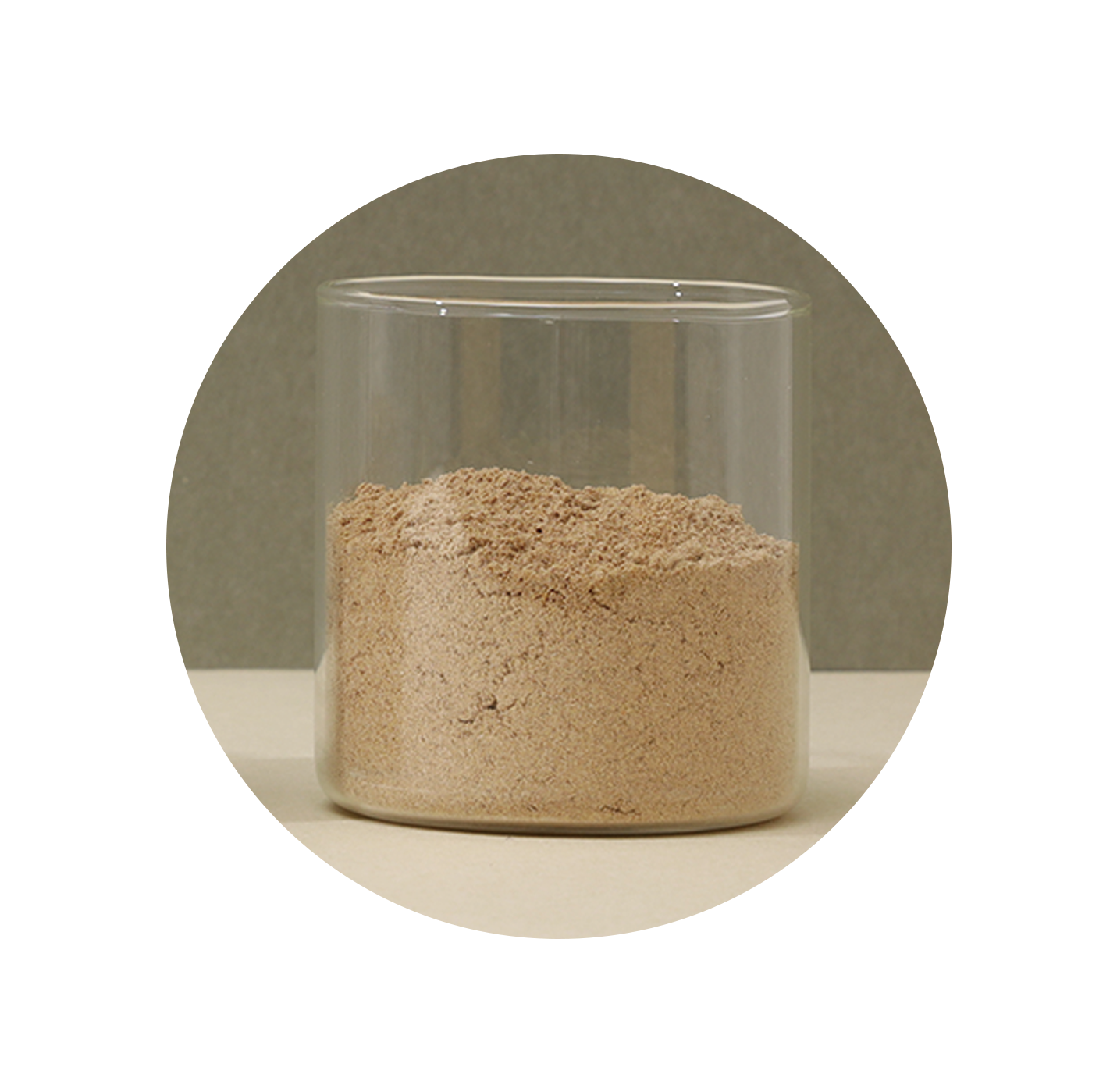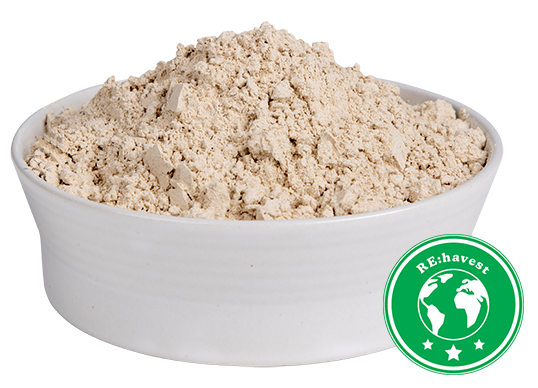




 Reduces 3.7 t of water usage
Reduces 3.7 t of water usage Reduces 11 kg of carbon emissions
Reduces 11 kg of carbon emissions Upcycles 3 kg of byproducts
Upcycles 3 kg of byproducts




RE:harvest Co.,Ltd.
E-mail : info@reharvest.net
RE:harvest Co.,Ltd
TEL : +82-70-8670-0926
E-mail : info@reharvest.net
COPYRIGHT© RE:harvest Co.,Ltd. ALL RIGHTS RESERVED.